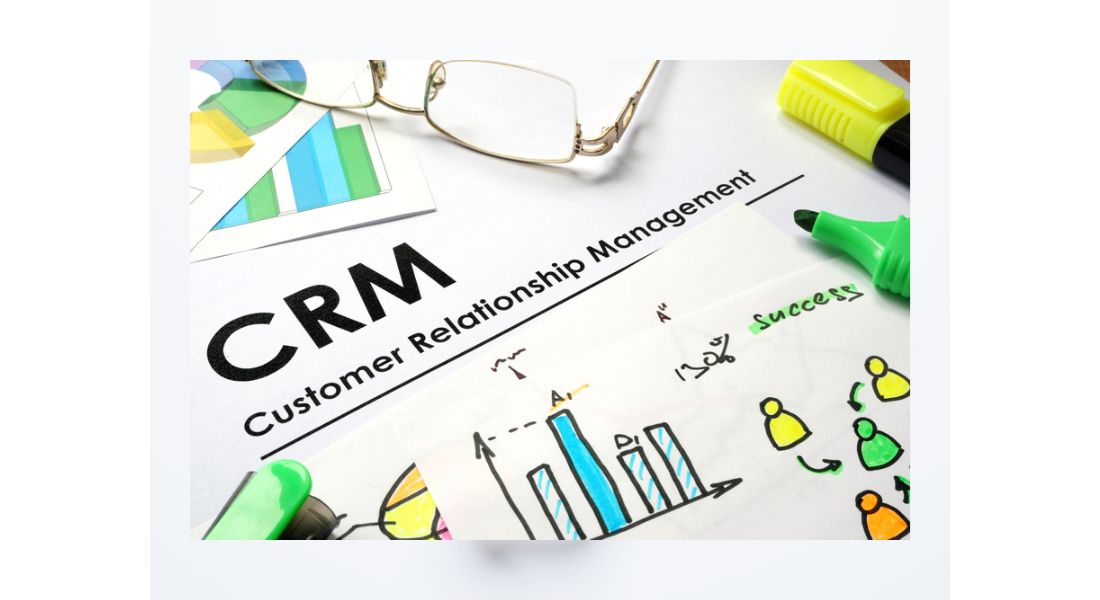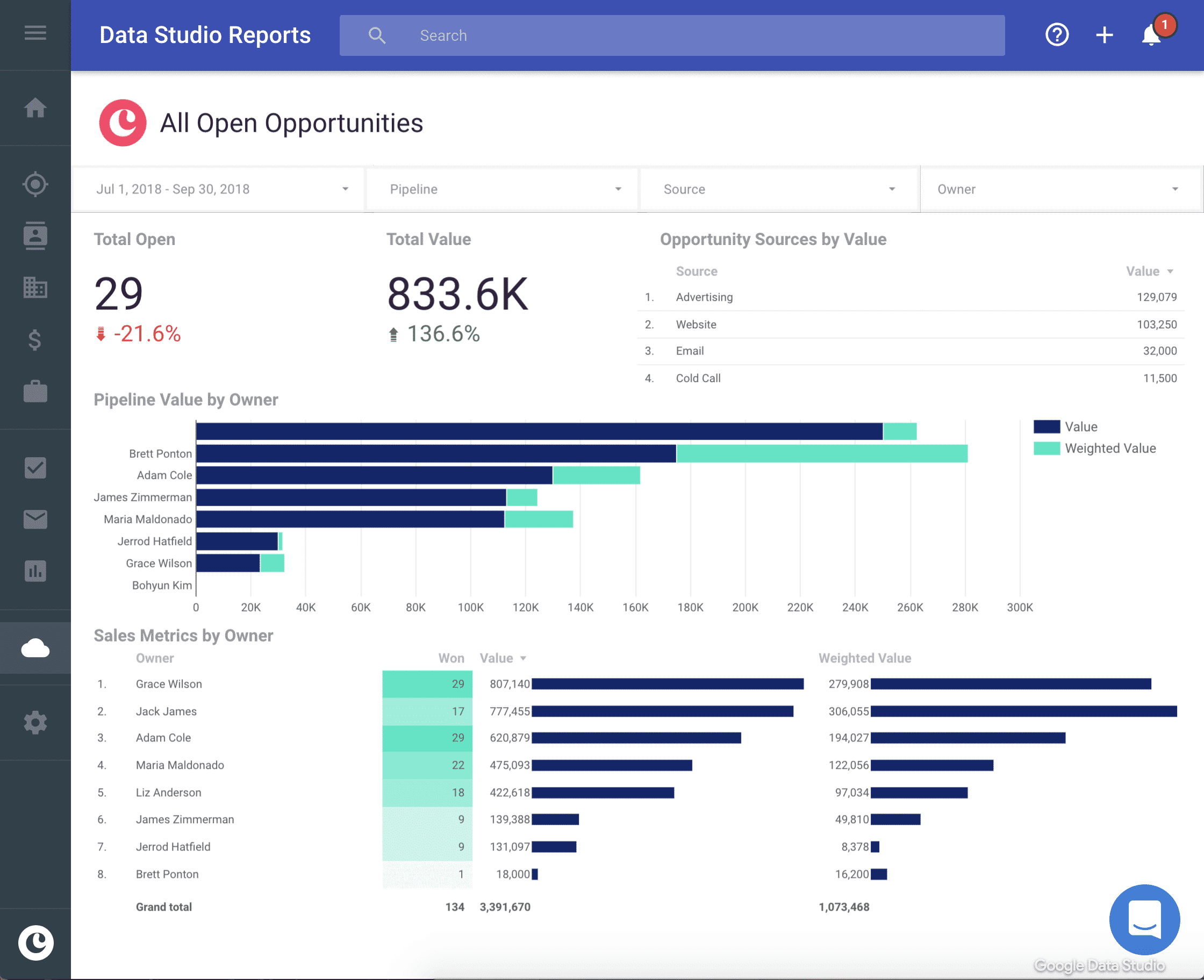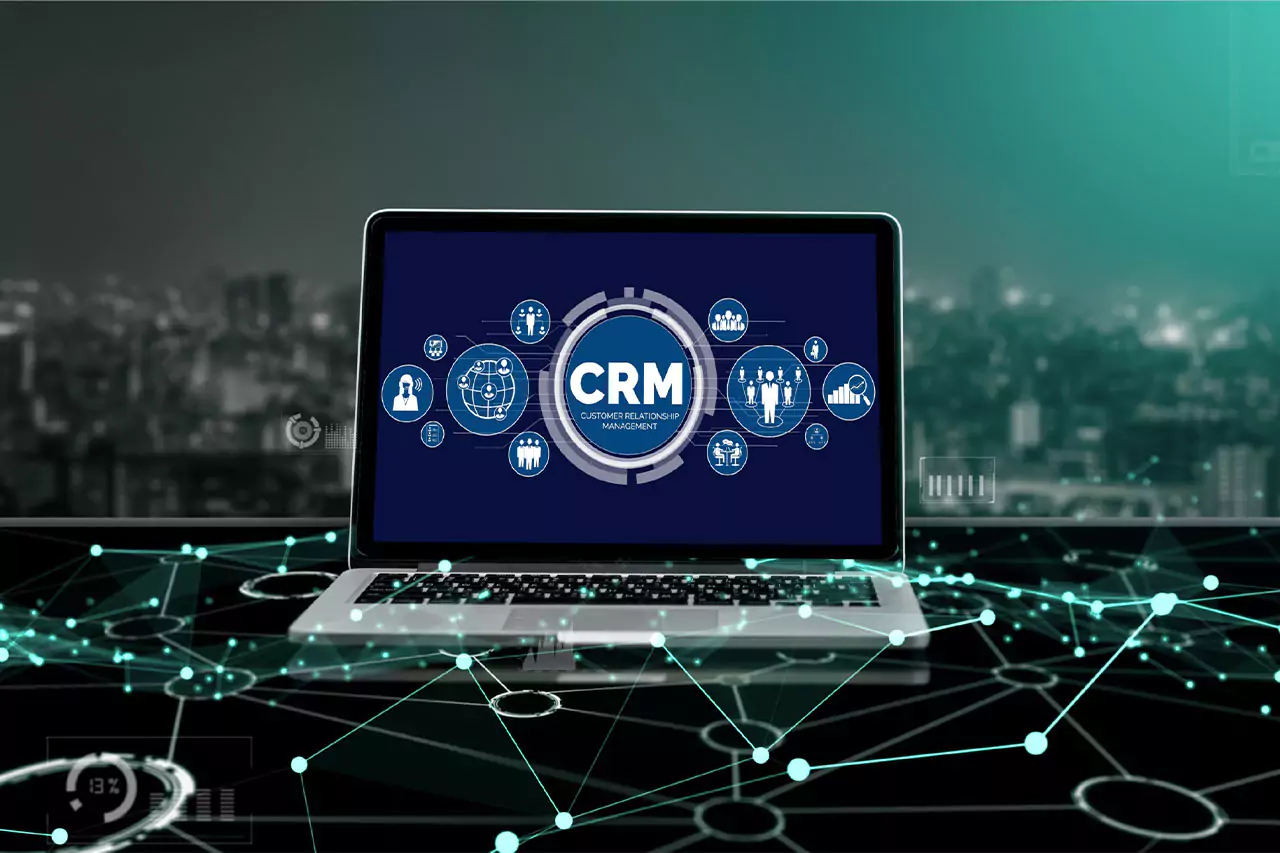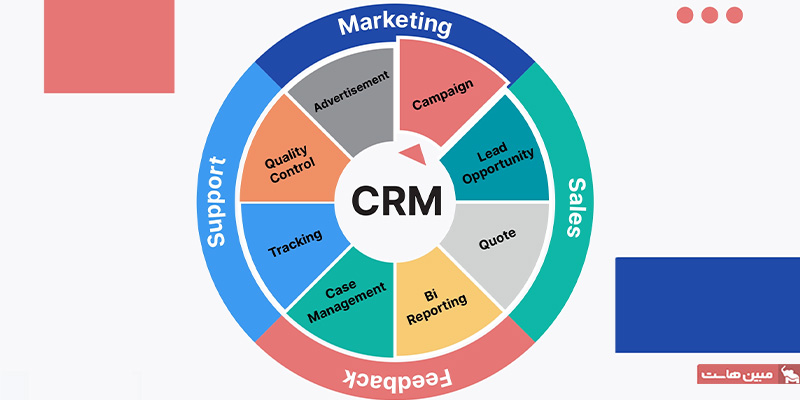Small Business CRM Security in 2025: Fortifying Your Customer Data Against Tomorrow’s Threats
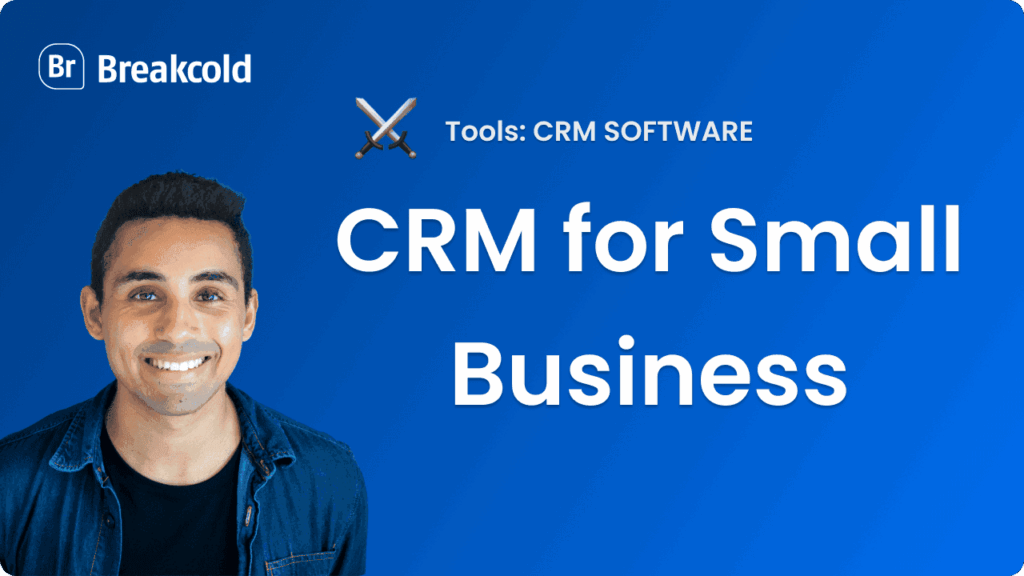
Small Business CRM Security in 2025: A Comprehensive Guide
The digital landscape is evolving at breakneck speed, and with it, the threats to your valuable customer data. For small businesses, Customer Relationship Management (CRM) systems are the lifeblood of operations, housing critical information about clients, sales, and marketing efforts. In 2025, the stakes are higher than ever, with sophisticated cyberattacks, evolving data privacy regulations, and the constant pressure to maintain customer trust. This comprehensive guide delves into the critical aspects of small business CRM security in 2025, providing actionable insights and practical strategies to protect your business and your customers.
Understanding the CRM Security Landscape in 2025
The future of CRM security is complex, and the threats are constantly changing. As a small business owner, it’s vital to have a firm grasp on what you’re up against. Here’s a look at the critical elements shaping the security landscape in 2025:
Evolving Cyber Threats
Cybercriminals are becoming more resourceful and targeted in their attacks. In 2025, expect to see:
- Sophisticated Phishing Campaigns: Phishing attacks will be more personalized and difficult to detect, leveraging AI to mimic legitimate communications.
- Ransomware Attacks: Ransomware remains a significant threat, with attackers targeting CRM systems to encrypt customer data and demand hefty ransoms.
- Data Breaches: Data breaches will continue to be a major concern, with hackers exploiting vulnerabilities in CRM software, third-party integrations, and human error.
- Insider Threats: Malicious or negligent employees pose a significant risk. Secure your CRM and educate employees to prevent data leaks.
Data Privacy Regulations
Data privacy regulations are becoming stricter worldwide. Compliance is not just a legal requirement but a crucial factor in building customer trust. Key regulations to consider in 2025 include:
- GDPR and CCPA Updates: These regulations continue to evolve, with increased fines for non-compliance and stricter requirements for data processing.
- New Regional Regulations: Expect the emergence of new data privacy laws in various regions, increasing the complexity of compliance.
- Data Localization Requirements: Some regions may require data to be stored and processed within specific geographic boundaries.
The Importance of Customer Trust
In 2025, customer trust is paramount. A data breach or security lapse can irreparably damage your reputation and lead to loss of customers. Proactive security measures are essential for building and maintaining customer trust. This means:
- Transparency: Be open and honest with customers about your data security practices.
- Proactive Communication: In the event of a security incident, communicate promptly and transparently with affected customers.
- Data Minimization: Only collect and store the data that is absolutely necessary.
Essential Security Measures for Your CRM in 2025
Protecting your CRM requires a multi-layered approach. Here are some essential security measures to implement:
1. Robust Access Controls
Implementing strong access controls is the first line of defense. Consider the following:
- Multi-Factor Authentication (MFA): Require MFA for all users accessing your CRM.
- Role-Based Access Control (RBAC): Grant access only to the data and functionalities required for each user’s role.
- Regular Password Audits: Enforce strong password policies and regularly audit user passwords.
- Privileged Access Management (PAM): Control and monitor access to critical system functions.
2. Data Encryption
Encryption protects data both in transit and at rest. Consider these points:
- End-to-End Encryption: Encrypt data during transmission between the user’s device and the CRM server.
- Encryption at Rest: Encrypt data stored on servers and in databases.
- Key Management: Securely manage encryption keys to prevent unauthorized access.
3. Regular Security Audits and Vulnerability Scanning
Conducting regular security audits and vulnerability scans helps identify and address weaknesses in your CRM system. This includes:
- Penetration Testing: Hire ethical hackers to simulate attacks and identify vulnerabilities.
- Vulnerability Scanning: Use automated tools to scan your CRM for known vulnerabilities.
- Regular Patching: Apply security patches promptly to address known vulnerabilities in your CRM software and related systems.
- Compliance Audits: Ensure your security practices comply with relevant regulations.
4. Data Backup and Disaster Recovery
Data loss can be catastrophic. Implement robust backup and disaster recovery plans:
- Regular Backups: Back up your CRM data regularly, preferably to a secure, off-site location.
- Automated Backup Systems: Implement automated backup systems to minimize the risk of human error.
- Disaster Recovery Plan: Develop a comprehensive disaster recovery plan to restore your CRM system and data in the event of a disaster.
- Test and Validate Backups: Regularly test your backups to ensure they can be restored successfully.
5. Security Awareness Training
Human error is a leading cause of security breaches. Provide comprehensive security awareness training to your employees:
- Phishing Awareness Training: Educate employees on how to identify and avoid phishing scams.
- Password Security Training: Teach employees about strong password practices and password management.
- Social Engineering Awareness: Train employees to recognize and avoid social engineering attacks.
- Data Privacy Training: Educate employees on data privacy regulations and best practices.
6. Third-Party Risk Management
If you use third-party integrations or services, ensure they have robust security measures in place:
- Vendor Due Diligence: Conduct thorough due diligence on all third-party vendors to assess their security practices.
- Data Sharing Agreements: Establish clear data sharing agreements with vendors, outlining security responsibilities.
- Regular Vendor Audits: Periodically audit your vendors’ security practices to ensure they meet your standards.
7. CRM Security Software and Tools
Leverage security software and tools to bolster your CRM security posture:
- Endpoint Detection and Response (EDR): Implement EDR software to detect and respond to threats on user devices.
- Security Information and Event Management (SIEM): Use a SIEM system to collect and analyze security logs, identify threats, and generate alerts.
- Web Application Firewall (WAF): Deploy a WAF to protect your CRM from web-based attacks.
- Data Loss Prevention (DLP): Implement DLP solutions to prevent sensitive data from leaving your CRM.
Choosing the Right CRM for Security in 2025
Selecting a CRM that prioritizes security is crucial. Here are some key factors to consider:
- Security Features: Evaluate the security features offered by each CRM, including encryption, access controls, and audit logs.
- Compliance Certifications: Look for CRM providers that have relevant security certifications, such as ISO 27001.
- Data Residency: Consider the data residency options offered by the CRM provider and how they align with your compliance requirements.
- Vendor Reputation: Research the CRM provider’s reputation for security and data privacy.
- Customer Support: Ensure the CRM provider offers responsive customer support for security-related issues.
Building a Security-First Culture
Security is not just a technical issue; it’s also a cultural one. Cultivating a security-first culture within your small business is essential. This means:
- Leadership Commitment: Secure the commitment of senior leadership to security initiatives.
- Employee Involvement: Involve employees in security efforts and encourage them to report potential security issues.
- Regular Communication: Communicate security updates and best practices to employees regularly.
- Continuous Improvement: Continuously evaluate and improve your security practices based on new threats and vulnerabilities.
- Incident Response Plan: Develop and test an incident response plan to address security breaches effectively.
Staying Ahead of the Curve: The Future of CRM Security
The future of CRM security is dynamic. Staying ahead of the curve requires continuous learning and adaptation. Here are some trends to watch for:
- AI-Powered Security: AI and machine learning will play an increasingly important role in threat detection and response.
- Zero Trust Security: Zero trust principles will become more prevalent, requiring all users and devices to be verified before accessing CRM data.
- Blockchain for Data Security: Blockchain technology may be used to enhance data security and integrity.
- Quantum Computing Threats: The rise of quantum computing could pose a threat to current encryption methods, requiring the adoption of quantum-resistant encryption.
Practical Steps to Enhance Your CRM Security Today
You don’t have to wait until 2025 to start improving your CRM security. Here are some practical steps you can take immediately:
- Assess Your Current Security Posture: Conduct a thorough assessment of your current security practices to identify vulnerabilities.
- Implement MFA: Enable multi-factor authentication for all users.
- Review and Update Access Controls: Review and update user access permissions to ensure only authorized users have access to sensitive data.
- Train Your Employees: Provide regular security awareness training to your employees.
- Update Your CRM Software: Ensure your CRM software is up-to-date with the latest security patches.
- Review Your Data Backup and Disaster Recovery Plan: Ensure your backup and disaster recovery plan is up-to-date and tested regularly.
- Consult with a Security Expert: Consider consulting with a security expert to get expert advice on your CRM security.
Conclusion: Securing Your Future with a Secure CRM
In 2025, small businesses face a complex and evolving threat landscape. By implementing robust security measures, cultivating a security-first culture, and staying informed about emerging threats, you can protect your valuable customer data, build customer trust, and secure your business’s future. Prioritizing CRM security is not just a matter of compliance; it’s an investment in the long-term success and sustainability of your business. The time to act is now. Start implementing these strategies today to safeguard your CRM and protect your business from the threats of tomorrow.

